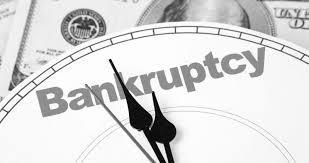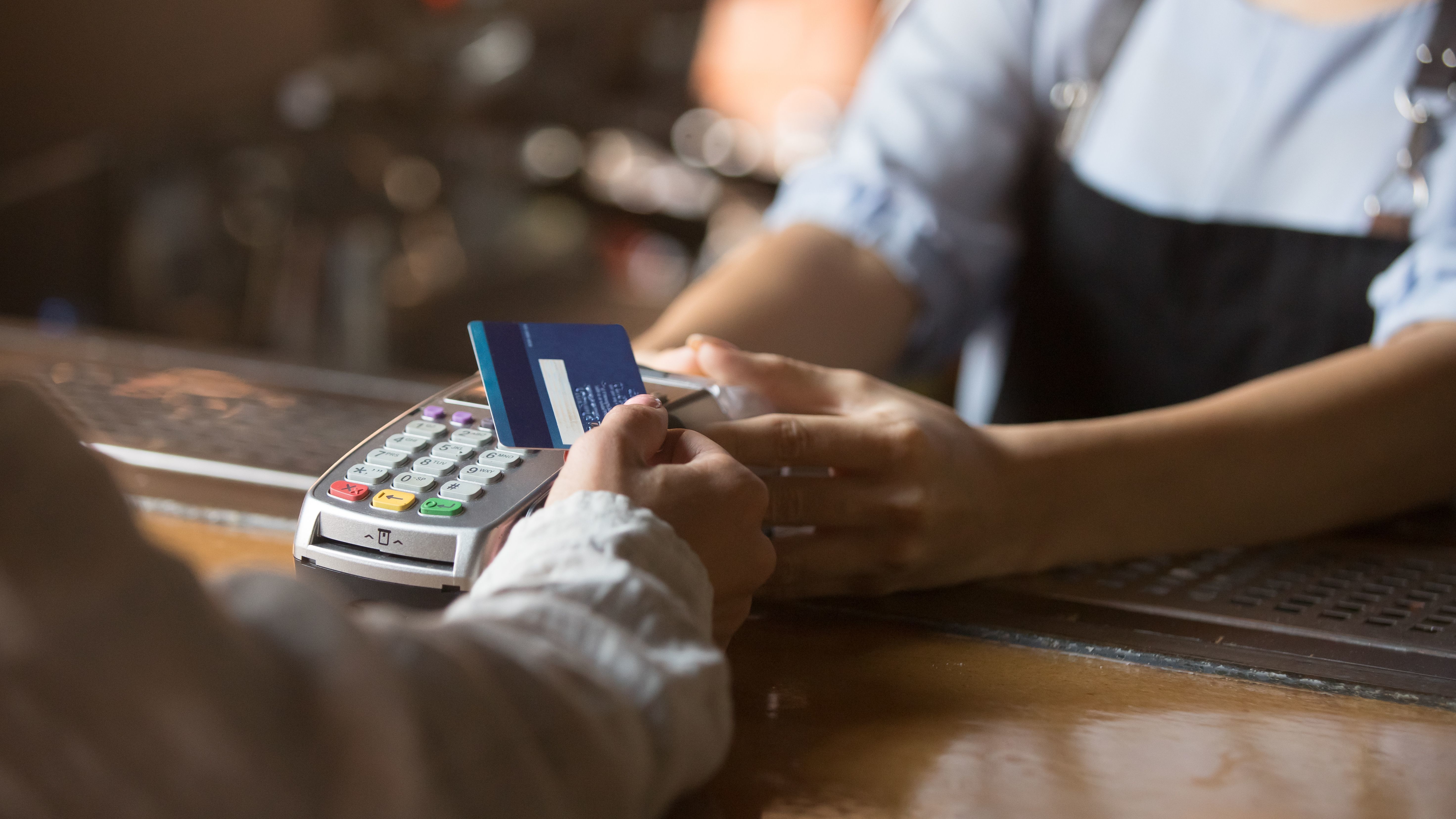Bankruptcy
Are you being sued for your debt? Has a creditor frozen your bank account or has scheduled your personal property for sale? Are you having problems getting into housing because of past judgments or are your utilities at risk of being shut off because you are behind on payments? Are you at risk of losing your home due to mortgage foreclosure, unpaid property taxes, or municipal liens? If so, we may be able to file a bankruptcy for you.

Bankruptcy is a legal proceeding where a person who cannot afford to pay his or her bills might get rid of certain debt or set up a repayment plan for other debt.
FAQs
-
What is a Chapter 7 bankruptcy?
Chapter 7 is the liquidation chapter, also known as a "straight bankruptcy". The debtor files a petition asking the court to discharge (wipe out) his or her debts in exchange for giving up his or her property, except for exempt property. For many low-income debtors, they are able to keep all of their property.
-
What is a Chapter 13 bankruptcy?
When you have too many assets to file a Chapter 7 bankruptcy or enough income to pay some or all of your debt, you may be able to file using a Chapter 13 reorganization Plan. This Plan, which must be approved by the Bankruptcy Court, will allow the debtor to catch up on payments for all or part of their debt. The payments will continue for 36 to 60 months. Typically, a debtor enters into a Chapter 13 Plan if he or she fails behind on a mortgage or a car payment but has enough income to pay a plan payment and all of the debtor’s other monthly living expenses. A debtor may have other credit card debt which may or may not be paid back as part of the plan. If your Plan is approved by the court and if you complete your payments you will get a fresh start. This means that any credit card debts (or other similar, unsecured debt) not paid through the plan are discharged. Additionally, if the Plan provides for monthly payments to catch up on mortgage or car payments, then you should be current when the Plan is complete.
-
What is an automatic stay?
An automatic stay is a type of injunction (court order). When you file a bankruptcy, the automatic stay stops all collection activity. This includes letters, phone calls, lawsuits, and sheriff sales. If a creditor knows about the bankruptcy and violates the automatic stay, they can be held in contempt of court and be required to pay fines and/or fees.
-
Do I need a lawyer to file the bankruptcy petition for me?
Bankruptcy law and procedure is very complicated. Although you have the right to file without the assistance of a lawyer (pro se), it is difficult to do so. If you do not complete the petition correctly or file the required documents, your bankruptcy could be dismissed. You could also risk losing your personal property or other assets if you do not fully understand what you are doing.
-
What does it mean to have your debts "discharged?"
The purpose of bankruptcy is to allow the debtor to be free of liability for the debt. This is called a "discharge." After the bankruptcy is closed, the debtor is protected by a discharge injunction (court order). If a debt is discharged in bankruptcy, it is a violation of this injunction to begin or continue any claim to collect the debt.
-
Can I discharge my student loan in a bankruptcy?
Unfortunately, most debtors will not be able to discharge student loan debt in Chapter 7 or Chapter 13 bankruptcy. There is an exception for hardship cases. If you need to discharge a student loan, you should contact a consumer bankruptcy attorney to discuss your options.
-
What other debts are not dischargeable in a bankruptcy?
Besides student loans, the following debts are deemed automatically non-dischargeable in a bankruptcy:
- certain taxes (consult with a lawyer on the tax debts)
- debts for spousal or child support or alimony
- debts owed to a former spouse or child if they arose out of a divorce or separation
- debts to government agencies for fines and penalties
- debts for personal injury caused by the debtor’s operation of a motor vehicle while intoxicated; and
- court fines and penalties, including criminal restitution.
Other types of debt may not be dischargeable if the creditor or bankruptcy trustee files a petition to object to discharging that debt. This may include allegations of fraud or assets that have been transferred or not disclosed in the bankruptcy.
-
Do I have to report the debts I owe to friends?
Yes. You are required to report all of your debts on your bankruptcy petition. Failure to do so may result in the debt not being discharged or criminal charges being filed.
-
I owe money to my utility companies. Can I list those debts on my bankruptcy?
Yes. You can discharge your liability for those debts on a bankruptcy. However, if the utility service was turned off before the bankruptcy was filed, the utility can require a security deposit to continue future service.
-
How does filing a bankruptcy affect my credit?
If you file for Chapter 7 bankruptcy, that information will appear on your credit report and can remain on the report for up to ten (10) years. Chapter 13 bankruptcy will appear on your credit report for up to seven (7) years. The bankruptcy may have a negative effect on your credit score. However, after discharge, if you are better able to pay your bills and make future payments on time, your credit score will likely be higher than before your bankruptcy.
-
I filed a Chapter 7 bankruptcy in the past. Can I file again?
A person can only file a Chapter 7 bankruptcy if they have not received a discharge of their debts in the past 8 years. If you have filed a bankruptcy in the past year and did not receive a discharge, you may be limited in the protections of the later bankruptcy filings. Currently, there are no limits on the number of bankruptcies a person can file in a lifetime as long as they are at least 8 years apart.

